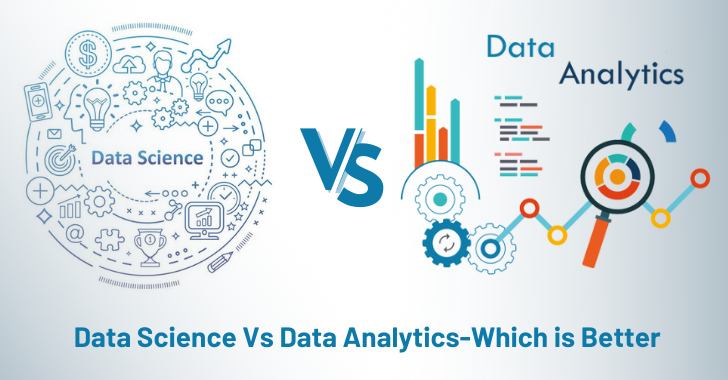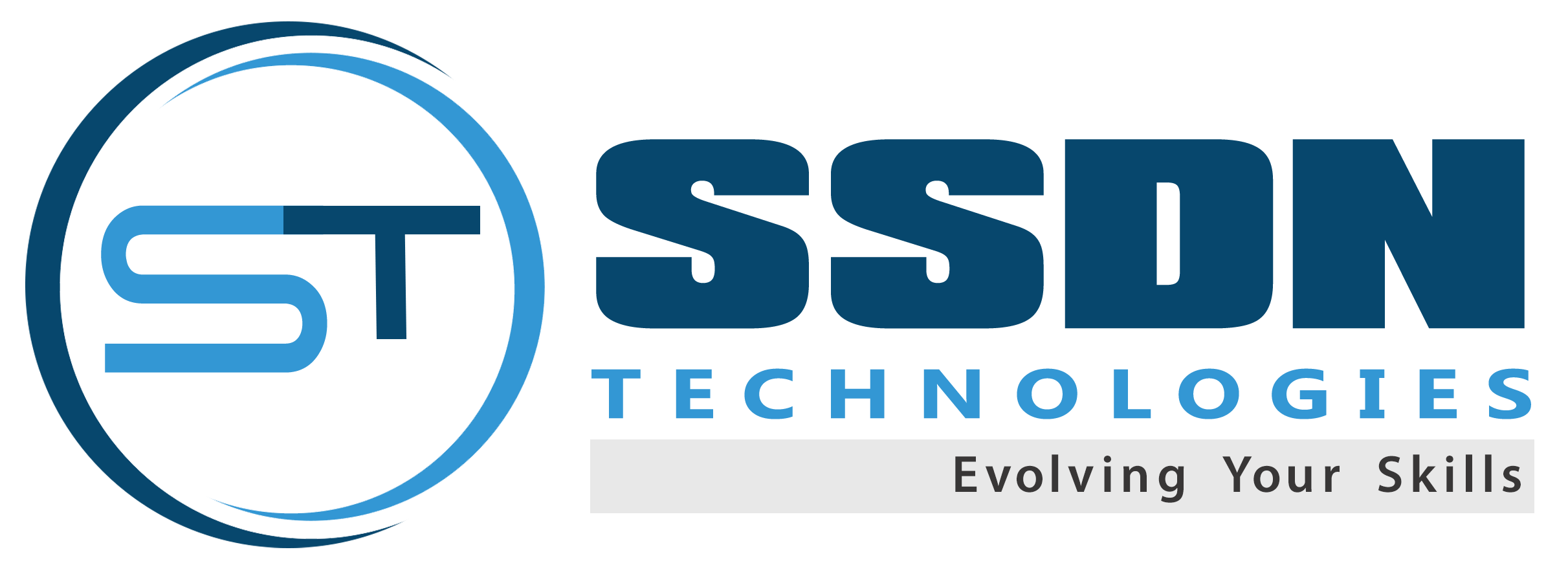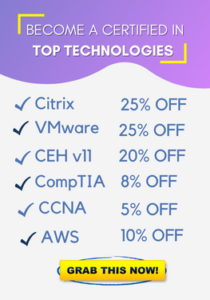
Updated on: March 16, 2022
Information has become the currency of modern organizations, and a growing number of businesses are relying on data collection, storage, and processing to improve their business models and revenues. Let’s check here about Data Science VS Data Analytics.
Prepare to be engrossed as we go into these intricacies in order to clear up any misunderstandings and assist you in selecting the discipline that best suits your needs.
Scope and Focus of Data Science and Data Analytics
Data Science vs.Data Analytics have different purposes, yet data is the same denominator in both. These fields aren’t only connected; Data Analytics is frequently regarded as a branch or subfield of Data Science.
In a nutshell, Data Science investigates and tries new ways to use and interpret data, whereas Data Analytics is concerned with analyzing datasets and identifying insights and solutions to problems.
Prototypes, algorithms, and prediction models are used by data scientists to find new methods to use data or to come up with new questions or patterns that can be valuable in the future.
Data analysts filter data, extract essential information, and provide solutions for organizations and institutions in a variety of industries, including healthcare, finance, insurance, travel, energy management, and so on.
Specializations in Data Science, Data Analytics
In addition to Data Analytics, there are various sub disciplines you can pick from if a general Data Science degree is too broad. Here are a few possibilities:
- Engineering using Data
- Data Exploration
- Database Administration and Design
- Visualization of data
- Insight into the business world
Because of the industry’s continual developments and the necessity for individuals with interdisciplinary abilities, integrated courses such as Data Science and Analytics or Data Science and Business Analytics are widespread.
Classes on Data Science or Data Analytics
You’ve definitely heard it before, but it’s still true: the classes or disciplines you’ll study will differ significantly from one university or country to the next. This is why you’ll often hear individuals (including us) advising you to look over each course’s curriculum to see if it matches your needs.
Still, we’d want to offer you a sense of what you’ll learn if you pursue a degree in Data Science courses in Gurgaon or Data Analytics Course.
Courses in Data Science
- Intermediate Statistics Discrete Mathematics
- Principles of Data Mining in Database Systems
- Data Structures and Algorithms Data Security
- Development of software
Courses in Data Analytics
- Modeling and Statistical Decision Making
- Data Mining Essential Statistics
- Pattern Recognition
- Visualization Calculus and Linear Algebra Machines,
- Languages, and Computation
Skills in Data Science and Data Analytics
For each discipline, we’ve included a few critical skills. Keep in mind that, while there are fundamental distinctions, some skills in data science and data analytics can overlap:
Skills in Data Science
- Problem-solving
- Pay close attention to the details.
- Machine learning software development
- Knowledge of big data tools: Spark and Hadoop
- Python, R, and Scala are examples of programming languages.
- SQL, Cassandra, and MongoDB expertise
- QlikView and Tableau are two visualization tools that you should be familiar with.
Skills in Data Analytics
- Problem-solving
- Pay close attention to the details.
- Reporting and database management
- R and SAS skills are required.
- SQL, Excel, and Power BI skills are required.
- Business savvy
You should take advantage of any internship or placement opportunity available during your study to make yourself stand out on the job market. While your lecturers will do their best to instruct you, nothing beats getting hands-on experience and implementing what you’ve learned in real-world situations.
Data Analytics vs. Data Science vs. Related Disciplines
The key contrasts between Data Science and Data Analytics have already been discussed. Other related subjects, on the other hand, can make matters even more complex for pupils. Let’s take look at the most prevalent ones and describe them in a concise yet understandable manner. Find the difference between the two.
Data Science, Data Analytics and Business Analytics: What’s the Difference?
Data analytics and business analytics are extremely comparable. They’re both looking for patterns and insights that can aid firms in growing and making better decisions. The fundamental distinction is that data analysts merely discuss their findings with management and stakeholders, leaving the decision-making process to them.
Conclusion
Data analysts and data scientists have deceptively similar job names, despite significant differences in responsibilities, training needs, and career paths and the process of training.
After you’ve considered factors such as your background, personal interests, and desired compensation, you may decide which career is the best fit for you and get started on your path to success.
Choose the right career and start your learning process. Once you are set with the choice, you can search for the right platform through which you will learn the process and become a proficient one.





